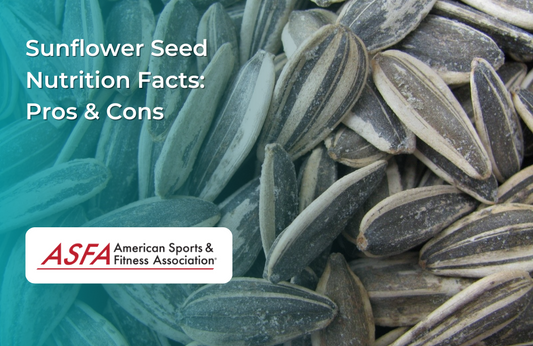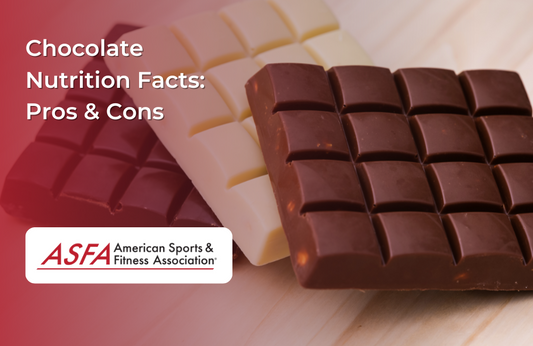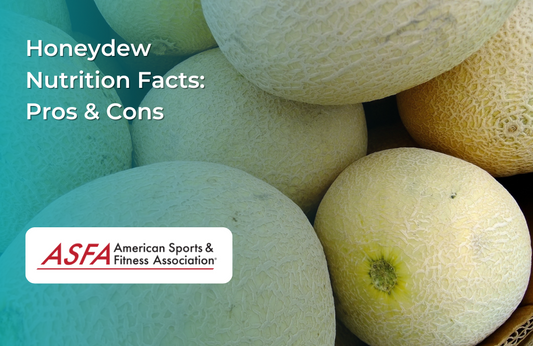What are the worst habits for losing weight? If you're trying to lose weight, I don't need to tell you that eating too much is a bad idea. But what about drinking alcohol or not sleeping enough? Those things aren't as bad as overeating, but they're still bad for your health and can sabotage your weight loss efforts. In this article, I'll go over five common habits that might hurt your ability to drop pounds and give tips on how to stop them.
Binge eating
Binge eating is defined as consuming a large amount of food in a short time, often accompanied by feelings of shame, guilt, and disgust. Binge eating can lead to weight gain if it's not controlled.
Binging differs from overeating in that people who binge tend to have no control over their behavior; they feel out of control during binges and cannot stop once they've started. Overeating occurs when you eat more than you need at once because your brain signals for more food than is necessary for good health or energy levels (usually when you're stressed).
Snacking
Snacking is a bad habit that can lead to weight gain. A study published in the International Journal of Obesity found that people who snack between meals typically consume more calories than those who skip snacks altogether, even if they eat healthy foods like fruit or yogurt. This is because snacking encourages you to eat more frequently throughout the day and forgo other healthier options like whole fruits and veggies, which are often higher in fiber and nutrients than what you might get from a bag of chips or some candy bars.
Snacks also tend to be high in fat and added sugars (like cookies), which can cause blood sugar levels to spike quickly before crashing down again, making us feel hungry sooner than later. Snacking on sugary foods often leads us into a vicious cycle where we keep eating these types of treats until we've had our fill without realizing how much damage has been done by all those empty calories!
If this sounds familiar, try switching out your afternoon coffee break at work with something better suited for health: try some almonds instead! They provide protein and healthy fats to help keep hunger at bay while keeping blood sugar levels steady throughout the day.*
Drinking alcohol
Drinking alcohol can lead to weight gain in a number of ways. First, it's easy to overindulge when drinking, leading to binging and eating too much sugar. Second, drinking can make it harder for your body to digest food properly--meaning that even if you eat healthy meals and snacks throughout the day (which should always be your goal), those nutrients won't be absorbed as well if consumed alongside alcohol.
Thirdly, research suggests that consuming even moderate amounts of alcohol may disrupt sleep patterns and increase the risk of diabetes by interfering with insulin production or absorption. And finally: not getting enough sleep increases cravings for sugary foods; plus, research has shown that people who don't get enough shut-eye tend to weigh more than those who do!
Not sleeping enough
You probably know sleep is important for weight loss, but you might not understand why. Sleep helps regulate the hormones that control your appetite and metabolism. When you don't get enough sleep, these hormones get out of whack and make it harder for you to burn fat. Researchers at Harvard found that people who slept five hours per night were likelier to gain weight than those who slept eight hours!
To lose weight effectively and maintain a healthy lifestyle long term--and avoid chronic diseases like diabetes--it's recommended that adults get seven to nine hours each night (for most people). If getting enough restful shut-eye seems impossible due to stress or anxiety about work deadlines or other obligations, try adopting some simple habits like setting aside time before bed every day so that all distractions are gone when it comes time for lights out; practicing progressive relaxation techniques such as deep breathing exercises or meditation; avoiding caffeine after noon so it doesn't keep you up later in the evening; eating dinner earlier rather than later so food isn't hanging around as long inside your stomach before being digested; avoiding alcohol consumption within six hours before bedtime because alcohol interferes with rapid eye movement (REM) sleep.
Eating too much sugar
- Sugar is a calorie-dense food. Eating too much sugar in your diet is easy, especially if you're not paying attention to portion sizes or how many grams of sugar are in each serving.
- Sugar can be addictive. For some people, eating sugar causes the same kind of euphoria as other drugs do--and like any drug addiction, it's hard to kick once you've started down that path!
- Sugar isn't good for your teeth (or any part of your body). It also increases inflammation throughout the body, which leads to weight gain and other health issues, including diabetes and heart disease; therefore, we recommend avoiding sugary foods as much as possible!
If you want to lose weight, don't do these things.
- Don't binge eat
It's easy to make this mistake when you're feeling stressed or anxious, but eating an entire bag of chips isn't help your stress levels. It will only make them worse! Instead of reaching for junk food in moments of weakness, try taking a few deep breaths and then going for a walk or doing some stretches. You'll feel much better afterward--and hopefully not want that extra snack anymore!
- Don't snack
Instead of eating three meals per day (which is perfectly healthy), try eating five small meals throughout the day instead: breakfast at 8 am; lunch at noon; dinner at 5 pm; another snack between 7-9 pm; then one final midnight snack before bedtime so that your metabolism keeps burning while you sleep.
Conclusion
Avoiding these five bad habits is the best way to prevent weight loss. If you want to lose weight, don't do these things. Instead, try to be mindful of what you eat and how much. If you can do that, you'll be well on your way to achieving your desired body!





